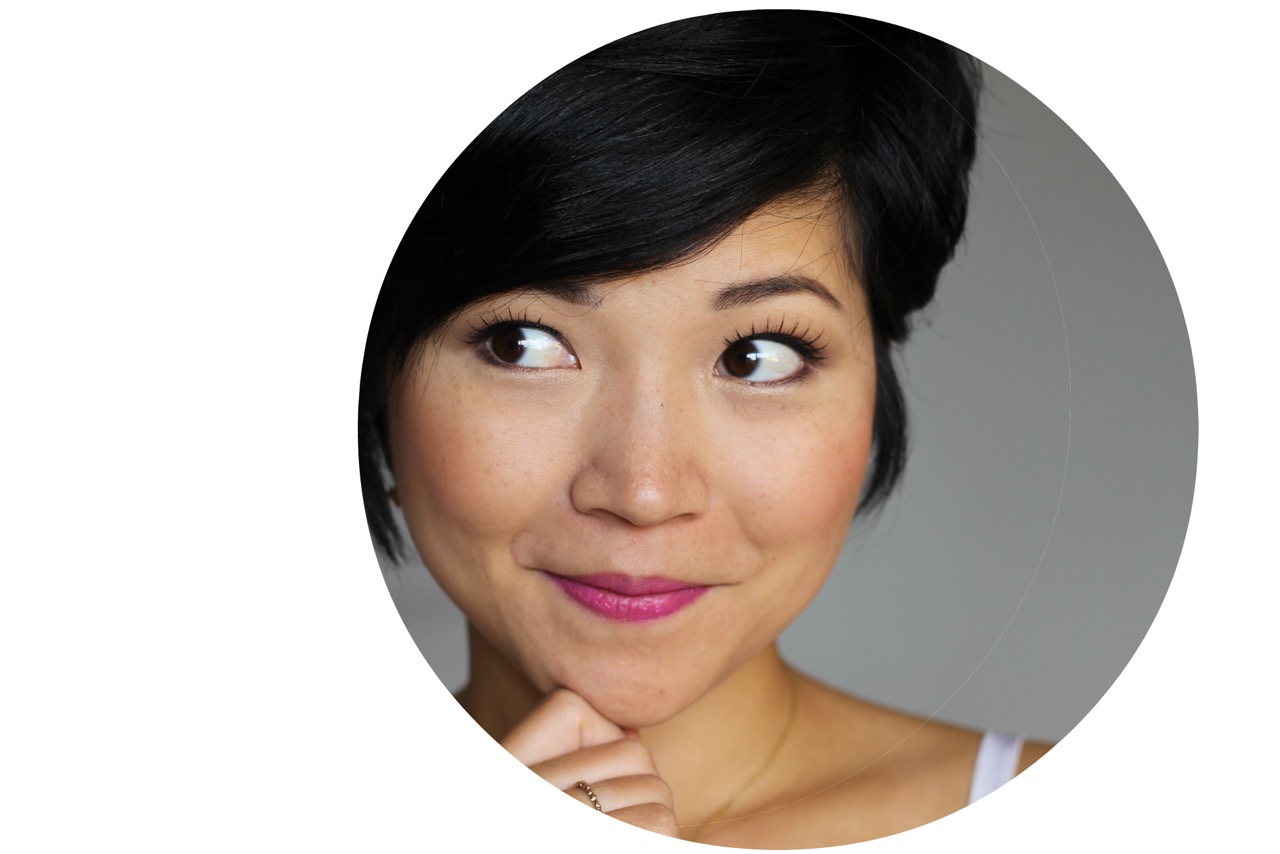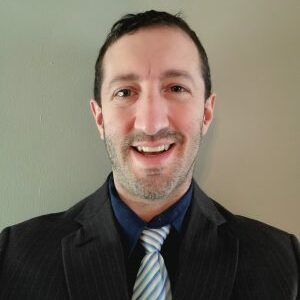
Know Your Blogger Series
Along the Camel Ride

After discovering the FIRE movement, I read numerous blogs and loved them, but I couldn’t find any written by single woman. It seemed like everyone was married and/or worked in tech and that didn’t represent me.
Even though I found my favorite blogs incredibly informative and so valuable, I knew others could identify with me and I wanted to write for them.
Check out our Q&A with Along the Camel Ride here.
Even though I found my favorite blogs incredibly informative and so valuable, I knew others could identify with me and I wanted to write for them.
Check out our Q&A with Along the Camel Ride here.
Follow a single woman’s journey to financial independence and early retirement.
Each week at Personal Finance Blogs, we publish interviews from amazing bloggers from the personal finance space. This week, we are featuring the blog, Along the Camel Ride.
During these weekly features, we are hoping to provide a way for you to interact and learn more about different blogs in the personal finance space.
Below, you can read more about the story behind Along the Camel Ride, learn about the author, and learn personal finance tips from Along the Camel Ride to help you improve your financial situation.
A big thanks for Along the Camel Ride for this interview! Now, we will turn it over to the author for this interview.
During these weekly features, we are hoping to provide a way for you to interact and learn more about different blogs in the personal finance space.
Below, you can read more about the story behind Along the Camel Ride, learn about the author, and learn personal finance tips from Along the Camel Ride to help you improve your financial situation.
A big thanks for Along the Camel Ride for this interview! Now, we will turn it over to the author for this interview.
Tell us about Along the Camel Ride
I started writing my blog months before I finally published it on September 1, 2018. After discovering the FIRE movement, I read numerous blogs and loved them, but I couldn’t find any written by single woman. It seemed like everyone was married and/or worked in tech and that didn’t represent me.
Even though I found my favorite blogs incredibly informative and so valuable, I knew others could identify with me and I wanted to write for them. The post here embodies my thoughts, feelings, and experiences around the time I started this blog. The responses I received assured me I was not alone in this struggle and that plenty more shared my thoughts and feelings.
What makes you and your blog unique?
To my knowledge, no one else has a precious little “Camel Dog!”
What does “being good with your personal finances” mean to you?
Being good with personal finance entails knowing how to live well within your means. By well, I mean not living a life of deprivation. You shouldn’t feel as though you’re missing out on life to reach financial independence sooner. However, if you have substantial debt to pay off, particularly credit card debt, then you should probably reevaluate your definition of living well.
Being good with personal finances should also entail a basic understanding of investing as well as having a reason to invest. In other words, what are you saving for? One of my favorite bloggers, Freddy Smidlap, always says that you’re saving now so you can spend later. If you can spend less than you earn and save the rest, then you are well on your way to some level of financial success.
What are some habits you practice to keep your personal finances in order?
I’m a spreadsheet junkie! I track my income, investments, and spending in separate spreadsheets and add details in the comments. It’s incredibly rewarding to update my investment spreadsheet every time I make a contribution because I know I’m buying my financial freedom. Even though some of my investments, like my 403(b) contributions are automatic, I track them anyway.
racking them makes me feel like an active participant in the process rather than a passive one. I regularly track my non-retirement investments too, and that makes me feel like I’m accelerating my path to financial independence.
After lifestyle inflation took over about 7 years ago, I realized I needed to start tracking my expenses. I can now tell you how I spend every dollar because I document it all on an Excel spreadsheet. Knowing how I spend my money helps me prioritize my spending and cut any bad habits I see creeping in. If only I could kick that expensive sweets addiction…
What are your three articles people should read to get to know you and your message better on your site?
Here are a few of my favorites:
For someone looking to improve their financial situation in the short-term, medium-term, or long-term, what’s your best advice? (open-ended, take this wherever you want)
It’s easy to advise spending less than you earn, but how can you fight temptation? One way to illustrate this idea through a question I’ve found helpful to ask myself before making a purchase: “Who do I want to make rich? The person selling me this item, the person making this item, or me?”
Chances are I’d rather make myself rich than buying the fancy Kate Spade handbag I’m drooling over in the store because I know the glossy sheen will eventually fade and I’ll be out over 200 bucks. I wrote a blog post on this topic because it’s such an important question. If you’re more concerned about making yourself rich, then you’re less likely to give in to temptation and buy more things you don’t need and eventually won’t want.
What are your favorite personal blogs and bloggers you have been inspired by?
Accidentally finding the Frugalwoods’ blog jumpstarted this whole journey to early retirement. My plan had always been to retire early, but I had no concrete plans or a definite plan to follow. My previous frugal nature had given way to lifestyle inflation, so reading her blog helped me rein in my spending and invest more money than I ever had before. I thought I was doing well before reading her blog, but I learned how much room I had for improvement.
Shortly after discovering her blog, I somehow discovered Mr. Money Mustache and loved his outlook on life, health, and money. So many are turned off by his face punches, but I grew up with older brothers and can handle those face punches. I can dish them out too. That’s probably why I appreciated his tone and found his blog both amusing and incredibly informative. Like MMM, I find most restaurant meals disappointing and eat lots of salads.
In your opinion, what’s better? Renting a place or buying a house to live?
There is no right or wrong answer to renting or buying. Both have benefits. If you love where you live and plan to stay there indefinitely, then you should probably buy. If you don’t love where you live or don’t plan to stay where you’re living much longer, then don’t buy. Before you buy, though, carefully consider your options.
I’ve always wanted to buy a home because it meant stability and investment to me. Before buying my home, I did a tremendous amount of homework. I learned the market inside out. I knew the listing and sale price of every home in my target area, not just the ones in my price range. I went to every open house I could and looked at the architectural details, the level and quality of updates and renovations, any amenities, and compared them to similar homes on the market. I knew when something was overpriced or not. When I found my current place, I knew it was priced appropriately and would be gone immediately, so I acted accordingly.
Realtors tried steering me in other directions, telling me that I should target other neighborhoods to get more space or to pay less. I pushed back. I knew what worked for me and what didn’t, so I patiently waited for the right property and it finally came along. Location always trumped size for me because I needed 1) to be safe, and 2) to be able to rent it if I wanted or needed to leave. I actually wound up getting more space than expected in my ideal location, so being patient paid off.
In your opinion, what should you do first? Pay down debt, or invest?
My instinct is to invest first, but the type of debt matters. It’s more important to invest than pay down a mortgage with a low interest rate, but it’s a better idea to pay off unsecured, high interest debt before investing. Ideally, you should invest and pay off debt simultaneously, especially if your employer offers a match.
I pay extra each month on my mortgage, but I also invest a substantial amount of money each month. With the market overvalued, I’m not against someone paying down a low interest mortgage right now. I wouldn’t suggest skipping retirement investments, but if you have cash after your retirement accounts are fully funded, then it’s okay to put more towards your mortgage.
If you have thousands of dollars of credit card debt, I’d strongly suggest paying that off instead of investing. The interest alone costs more than you will likely earn from an investment, at least in the short term, and that debt can be a nightmare if you lose your job. If you have no savings, simultaneously build a safety net and pay down the debt before investing. You’ll sleep better and build better saving habits too.
If you received a $5,000,000 windfall tomorrow, what would you do with the money?
Assuming nearly half of that money is going to taxes, I’d have $2.5 million to work with. I’d pay off my current house, give money to my family and a few close friends, then make generous donations to my favorite non-profits. I’d probably have around $1.8 million left at that point, so I’d either reduce my work hours or quit. To be honest, I’d probably ask to reduce my hours first so that I can think about my next steps and transition more smoothly into semi-retirement or retirement. I haven’t planned to walk away from work just yet, so I think it might be hard to step away unexpectedly. Plus, I don’t feel like researching health insurance just yet. Working two ten-hour shifts per week would be perfect for me!
Since the world is still pretty much shut down from coronavirus, I don’t have many options for doing things anyway. I’d probably buy a stand up paddle board and kayak and go out more often to do those things. I’d probably go hiking and biking more too. With my extra time off, I’d have more time to cook, so I could experiment with more recipes. Once the world reopens, though, I’ll be able to travel and volunteer again. At that point, I might quit working.
Other than that, I’ll hopefully spend more time with family and friends and maybe even enroll in an MFA program for creative writing. With my leftover time, I’d love to learn Spanish and become a better gardener.
What’s a non-money related interest you have and what do you love about it?
Traveling! I’ve written extensively about how much I love traveling. It takes money to travel, but less than people think. However, you can’t buy the experiences it provides, nor can you buy the wisdom and self-knowledge you gain through traveling. You can read as much as you want about poverty in the third world, but you have no idea what it looks like until a desperate mother begs you to buy the cookies she’s baked to send her child to school.
I love discovering languages, mannerisms, cultural idiosyncrasies, and foods. I love learning the geography of a place, getting lost, then finding my way. I love finding all the small details, using the local currency, and connecting with the locals. The world is an amazing place!
There’s no better way to understand the world and your place in it than going out to see it. And there’s no better way to gain a greater self-reliance than landing in a foreign country and figuring out how to get around alone, especially when you don’t understand the language.
How You Can Contact Along the Camel Ride for More Information
You can learn more about Along the Camel Ride at https://alongthecamelride.com/, and follow them on Twitter at @alongcamel.
Thank you for reading this interview, and thank you, Along the Camel Ride, for providing us with some great personal finance tips!


